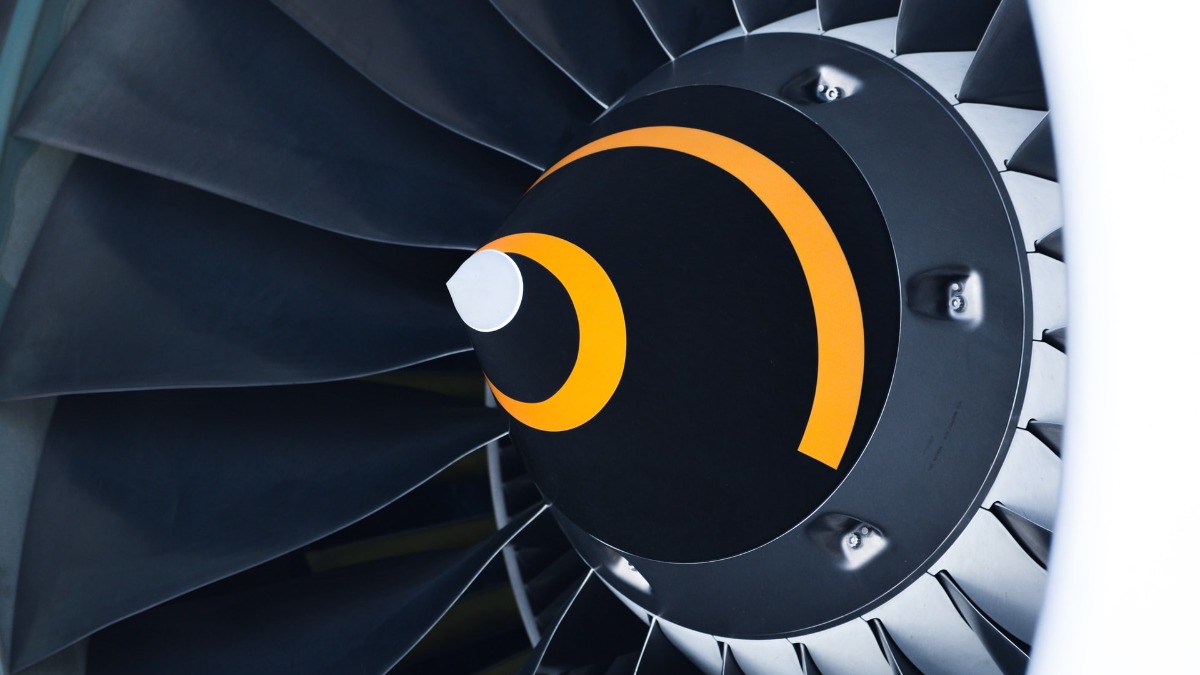By Neoh Ying Rui
The COVID-19 pandemic has made us more aware that the world is extremely vulnerable. In the era of new normal, it is vital and urgent for the international communities to improve the level of awareness and ability to promote and make progress in sustainable development goals.
I think that seeking solutions through international cooperation and collaboration has become more important as we become acutely aware that the world is a global village. Other than that, enhancing policy coherence will be essential to recover sustainably and get back on track to achieve the SDG.
Moreover, it is also beneficial in achieving the SDG is we have a strategic foresight for anticipating future risks and crises. This is because foresight can help to generate new perceptions on how best to advance societal goals.
This makes me think that how can I apply what I learn to contribute to a sustainable community. It might be a misconception among people that the aviation industry does not really involve in other SDG except those that are related to an environmental issue. However, it is actually a wrong perception.
In fact, it actually can contribute up to 15 goals! Out of the 17 goals, according to the Air Transport Action Group (October 2017), “The global aviation sector has a role to play in 15 of the 17 SDGs, some in small ways and others with much more significant influence.
Four main points of the 15 will be discussed here. The first part will be the social part of it. Firstly, Good Health and Well-being. Aviation actually has a strong track record in developing a safety culture and is considered the safest transportation in the world. In addition, aviation promotes access to vital medical care because of its speed advantage and can provide necessary help to remote areas. Besides, aviation is very important in disaster relief.
This really shows how important the aviation industry is to the community, especially when there is an emergency situation. Not only what we always think aeroplanes do, typically travelling, they also save lives! Thanks to the advancement of technology, we can have this rapid transport which is becoming more and more common in our daily life.
Next, aviation can also help hit the goal of Decent Work and Economic Growth. Believe it or not, aviation supports over 63 million jobs worldwide, $2.7 trillion of global GDP and a third of world trade by value. Besides providing skilled and valued employment, aviation is also the key socioeconomic contributor to the world economy by building connectivity worldwide.
With the increasing demand for the workforce in the industry, I believe that it will also contribute to help people in career placement, especially for fresh-graduate. Besides, the industry will also attract aviation-enthusiast to be striving to work in their favourite field.
Other than that, I think it is a must to talk about the environmental aspect. The Clean and Renewable Energy goal also needs a significant improvement in the aviation industry as we cannot deny that the aeroplanes and other transportation involved in aviation have been using so much fuel throughout the past. We urge seeing new green energy that can be used effectively in the industry.
In this context, we can consider the waste-to-energy conversion method. To be concise, there are currently researches done on “waste-to-solid biomass”, “waste-to-solid biogas” sectors using different ways like biological or thermochemical process. Therefore, the implementation and commercialization of these new-emerging energy need to be done as soon as possible whilst making sure the safeness of usage.
Last but not least, the Climate Action we have been talking about so much lately. Back in 2016, the International Civil Aviation Organization agreed to a CO2 emissions reduction scheme, aiming to achieve carbon-neutral growth. Eventually, aviation aims to halve its net CO2 emissions by 2050 through the development of new technology, commercialization of more efficient fuels and infrastructure.
In conclusion, we should not belittle any field or industry in the contribution to sustainable development. This is because every aspect are covered in the 17 SDGs and every sector has its own responsibility and role to make it a reality. Let’s move towards the better, cleaner, greener world. Together, we can make this happen!




